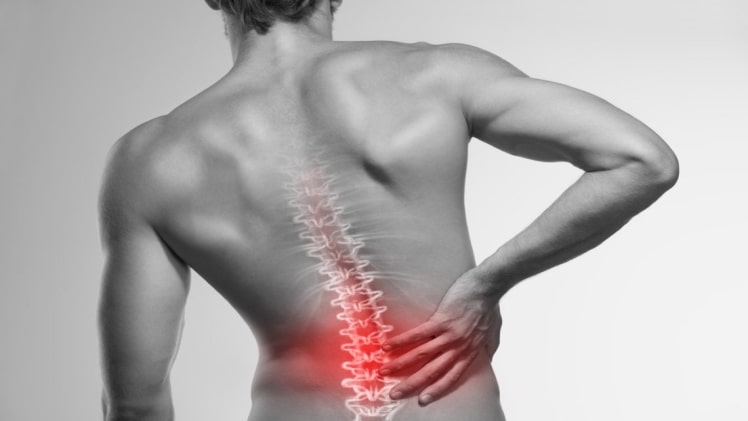Houston is a city home to some of the best medical facilities in the nation. The Texas Medical Center houses 54 institutions dedicated to patient care and research, including one of the world’s top-ranked hospitals, Baylor St. Luke’s Medical Center (formerly St. Lukes). Spinal cord stimulation in Houston, also known as Neurostimulation Therapy, is a minimally invasive procedure that blocks pain signals from the spinal cord to the brain by using electrical impulses. These impulses are delivered by an implantable device called a pulse generator. Some of the most common conditions treated with SCS include:
-
Failed Back Surgery Syndrome
If you have had a failed back surgery, spinal cord stimulation may be an option for you. Failed back surgery syndrome (FBSS) is a condition that affects many people who have undergone surgery to treat back pain. Up to 50% of people who have surgery for back pain will experience FBSS within five years. A failed back surgery occurs when a patient experiences a recurrence of pain despite the surgical procedure and may be related to permanent changes in nerves or spinal cord structures. This condition is considered “failed” because the surgery could not stop the recurrence of pain.
-
Chronic Pain
Chronic pain is pain that lasts for longer than six months and affects the daily lives of individuals with it. It’s one of the most common reasons people seek medical treatment and can be one of the most challenging conditions to treat. The difficulty in treating the condition is why it’s crucial for individuals suffering from chronic back pain to find a medical treatment that can help them manage their pain and improve their quality of life.
-
Peripheral Neuropathy
Peripheral neuropathy is a condition that affects the peripheral nervous system. The peripheral nervous system consists of all nerves outside the spinal cord and brain and controls muscle movements and senses touch, heat, coldness, and pain. An estimated 20%-30% of individuals with diabetes experience some form of peripheral neuropathy.
-
Spinal Stenosis
Spinal stenosis is a condition that occurs when the spaces within the spinal column become narrowed which can cause pressure on the spinal cord and nerve roots, which can lead to pain, numbness, and weakness in the arms and legs. Spinal stenosis is a common condition that affects older adults and may be caused by aging, arthritis, or trauma-related injuries.
-
Herniated Discs
A herniated disc occurs when the soft, gel-like center of an intervertebral disc pushes through a tear in its surrounding outer ring of cartilage. A herniated disc can cause compression of the nerve roots and result in pain, weakness, tingling, or numbness in the arms and legs.
-
Tumors
Many people with tumors also experience pain due to the tumor itself or the treatments used to fight cancer, such as radiation therapy or chemotherapy. Pain caused by tumors can be challenging to manage and significantly affect a person’s quality of life.
Spinal cord stimulation is a treatment that may help people suffering from failed back surgery syndrome, chronic pain, peripheral neuropathy, spinal stenosis, herniated discs, or tumors. This treatment is minimally invasive and can be done in a doctor’s office.

